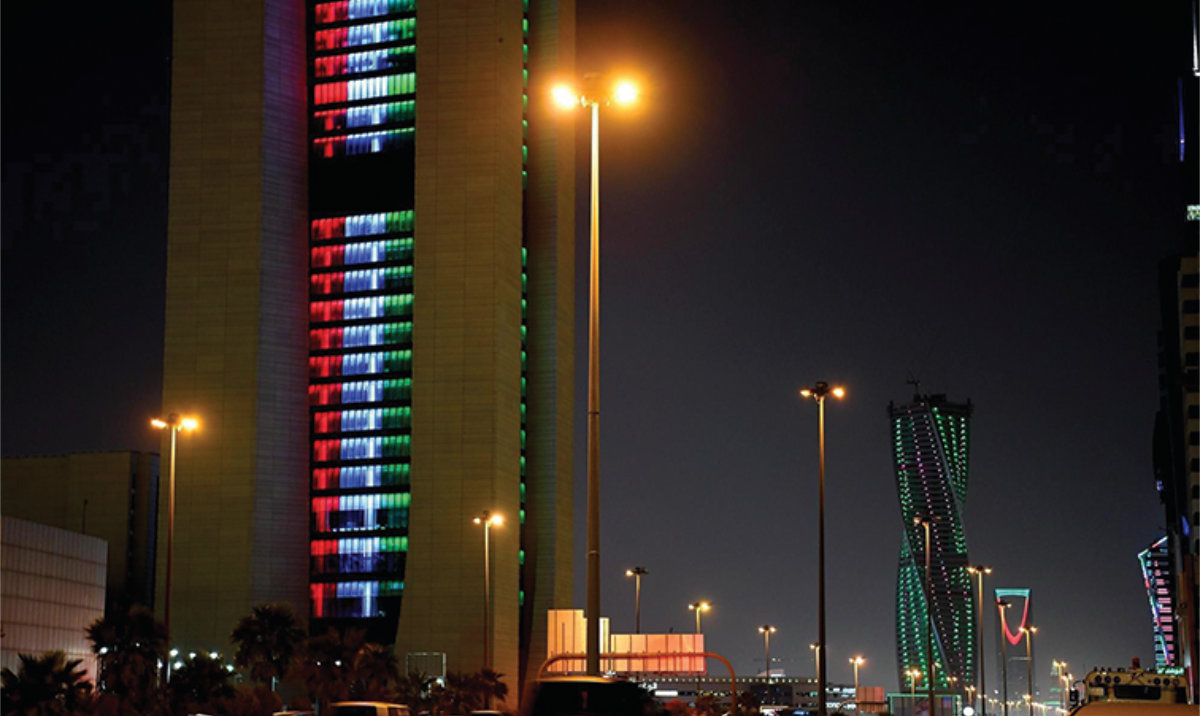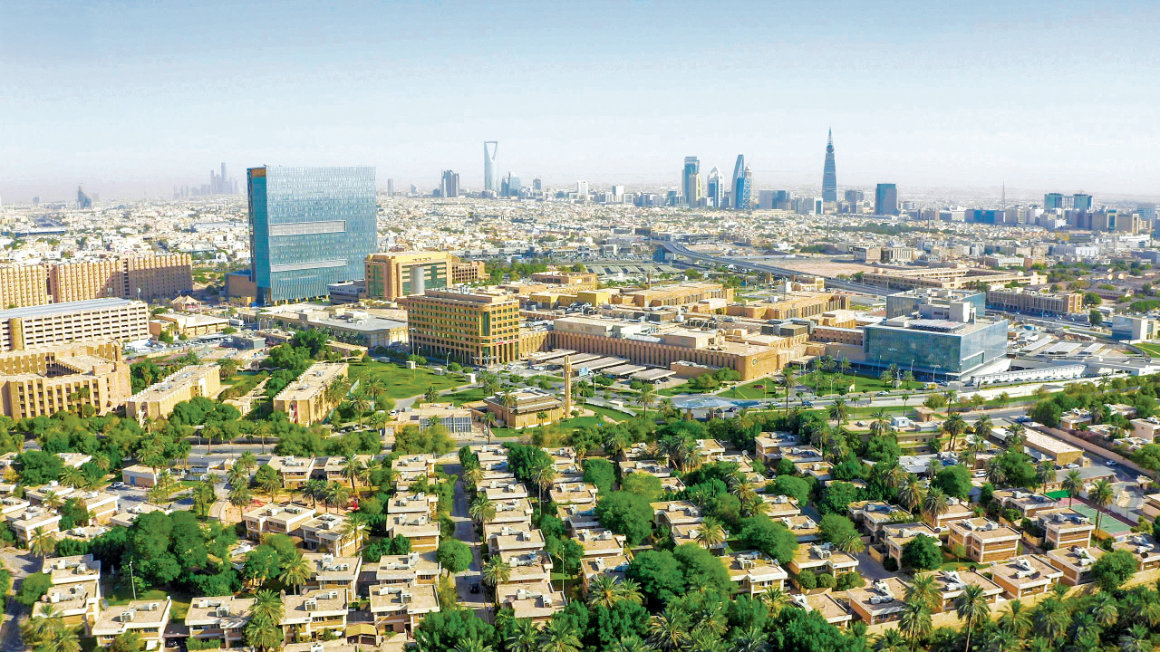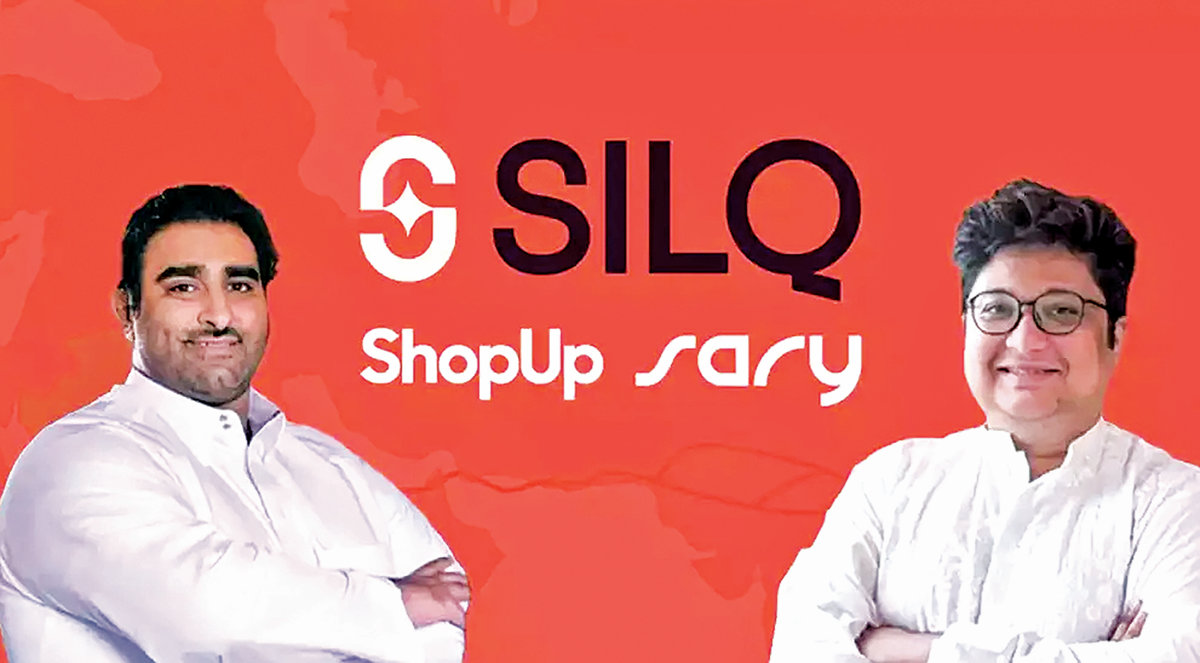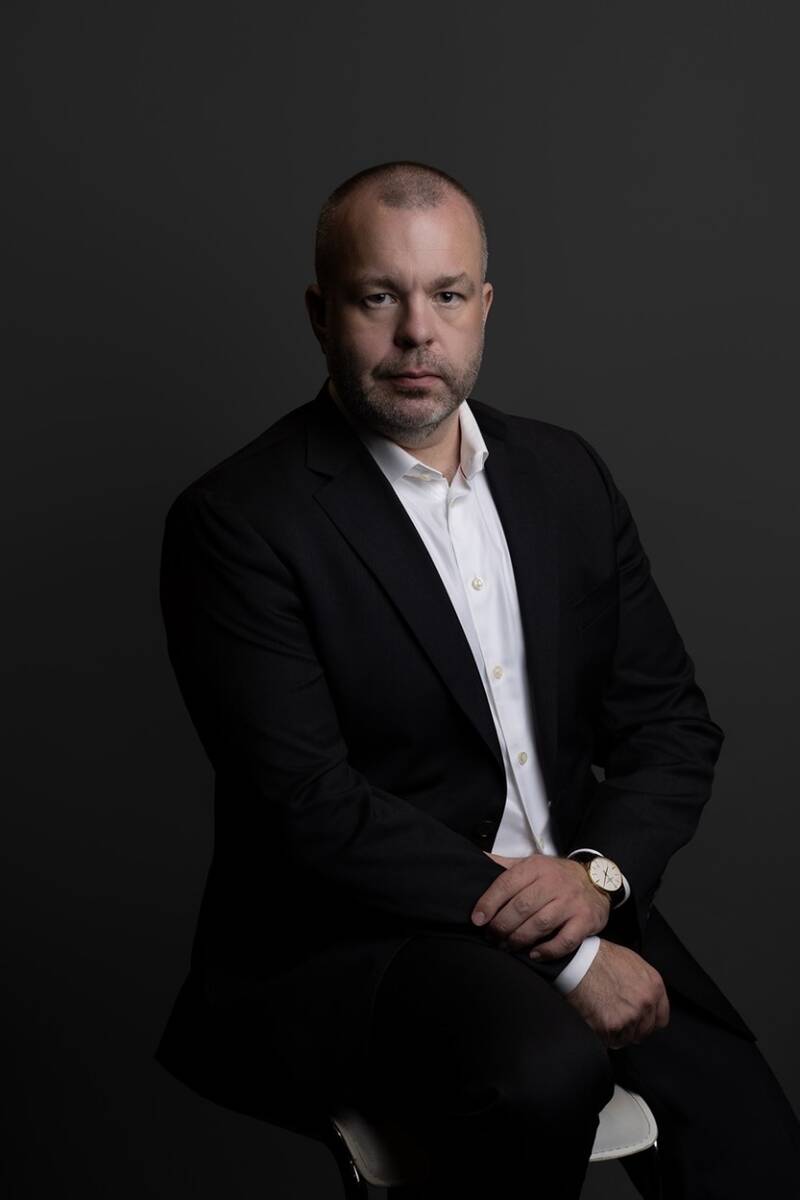RIYADH: Project managers and experts are scheduled to gather in Riyadh for the third Global Project Management Forum to share their experiences and discuss best global practices in the sector.
The two-day annual event will be held on June 2-3 to highlight the latest developments in the field of project management across various sectors and serve as a platform for industry experts to share creative ideas to achieve their professional goals.
To be held under the theme “We Achieve the Dream: Leadership, Empowerment, Sustainability,” the event aspires to showcase Saudi Arabia’s distinguished position and leading role in colossal and futuristic projects worldwide.
The forum is designed to bring together the most influential global community of project managers and diverse stakeholders for immersive learning, networking, and collaboration.
Last year, the event succeeded in attracting 2,609 participants, and a much larger number is expected this year.
Badr Burshaid, president of the Project Management Institute-KSA chapter, emphasized the distinguished position that the forum has been able to achieve over the past two consecutive years.
“Since its inception, the forum annually attracts project leaders from around the world, including thought and business leaders, academics, professional and technical managers, as well as major organizations and institutions, to exchange knowledge and experiences,” he stated.
Burshaid added: “This contributes to the implementation of government initiatives aimed at making Riyadh one of the most sustainable and economically significant cities in the world.”
Additionally, GPMF aspires to advance the Kingdom’s Vision 2030 by enhancing the skills and capabilities of project management professionals in the Kingdom.

Support from the govern-ment, private sector, and professio-nal community has propelled Saudi Arabia into a leadership position in several global project manage-ment certifica-tions.
Badr Burshaid, president of the Project Management Institute-KSA chapter
Burshaid told Arab News that the event emphasizes how effective project management ensures timely, budget-conscious, and high-quality completion of initiatives.
“This strategic approach not only supports the Kingdom’s economic diversification (plans) by optimizing project efficiency and effectiveness but also contributes to a robust framework where organizations utilizing these practices consistently achieve a 92 percent success rate in meeting project goals,” he said.
Burshaid added: “Thus, GPMF is instrumental in fostering a disciplined and consistent approach to project management, vital for the realization of Vision 2030’s objectives.”
The official also outlined the expected growth of the project management profession in Saudi Arabia over the next five years.
He predicted increased demand for skilled project managers across various sectors and emphasized the importance of professional development and adherence to international standards.
Moreover, the engagement of participants from across the world at the forum is expected to enrich the local project management environment and contribute to establishing a globally competitive landscape.
“This global interaction will help materialize the vision of establishing a dynamic and internationally competitive project management landscape in Saudi Arabia,” Burshaid told Arab News.
Additionally, “the global demand for project management skills is escalating, with an estimated need for 25 million new professionals by 2030, underscoring the critical role of this profession in contemporary economies,” he added.
Fostering Saudi Arabia’s professional landscape
Saudi professionals will also benefit from the training and certification opportunities offered by the GPMF.
These programs ensure access to advanced project management methodologies, tools, and best practices.
Thus, GPMF’s impact on the Kingdom’s workforce is significant, as it cultivates a highly skilled talent pool capable of managing complex projects, which in turn drives economic growth.
“Support from the government, private sector, and professional community has propelled Saudi Arabia into a leadership position in several global project management certifications,” Burshaid explained.
He continued: “Moreover, current data highlights the strong emphasis on professional development in this field: Sixty-one percent of organizations invest in project management training, and 47 percent have established a clear career pathway for project professionals.”
Burshaid further explained that over 20 percent of project managers intend to pursue certification within the next year.

Last year, the event succeeded in attracting 2,609 participants, and a much larger number is expected this year. (SPA)
The forum caters to a diverse audience from the government and private sectors, semi-government sectors, engineering, contracting, and procurement companies, startups, construction and infrastructure firms.
It also targets project managers, strategic managers, developers, project management office managers, consultants, and technology providers.
The forum also aims to empower female professionals, and ambitious youth with the necessary skills and knowledge to excel in project management.
This is achieved by highlighting key topics in the economy, foresight and governance, work methods and value chains, large-scale projects and sustainable social impact, digital transformation, uses of artificial intelligence, soft skills, and other related topics in project management.
Strategic initiatives
Furthermore, Burshaid highlighted several initiatives aimed at enhancing the project management field and supporting local talent in Saudi Arabia through a series of strategic initiatives.
These initiatives include mentorship programs, scholarships for project management training, and collaborations with universities to integrate relevant courses into their academic programs.
The goal is to equip emerging talent with the necessary skills, knowledge, and opportunities for successful careers in project management.
FASTFACT
The forum is designed to bring together the most influential global community of project managers and diverse stakeholders for immersive learning, networking, and collaboration.
“Further strengthening our commitment, we have formed partnerships with five Formula 1 school teams throughout Saudi Arabia. These collaborations aim to provide the teams with the necessary knowledge and financial support to excel in their projects,” Burshaid stated.
He added: “Additionally, we have conducted more than 230 training sessions aimed at boosting the capabilities of local talents, complemented by our active sponsorship of professionals across the Kingdom.”
Burshaid went on to say that as they approach 2030, there is an expectation that the demand for skilled project managers will significantly increase.
To meet this growing demand globally, it is estimated that approximately 2.3 million new project managers will need to be developed each year. This projection aims to address a total global demand of 25 million project managers by the end of the decade.
“Our initiatives are key to meeting these challenges and ensuring the sustained growth and success of the project management profession in the region and beyond,” he said.
Contribution to SMEs
Burshaid also outlined efforts to support the growth of small and medium enterprises in Saudi Arabia through targeted training programs tailored to address specific challenges.
These initiatives aim to equip SME owners and managers with advanced project management skills, leading to improved outcomes, increased efficiency, and innovation.
“The forum provides SMEs with access to critical insights and opportunities for expansion, supporting the development of a vibrant SME sector. This sector is vital for driving innovation, job creation, and gross domestic product growth in Saudi Arabia,” Burshaid said.
He added: “SMEs’ adaptability and capacity for innovation not only boost employment but also attract foreign direct investment, contributing to a robust business ecosystem.”
Burshaid underlined that supportive measures such as the establishment of SME Bank to enhance financial access, technology adoption, and workforce diversity, solidify Saudi Arabia’s reputation as an innovative investment hub.
The country’s high global ranking in venture capital availability underscores the positive impact of Vision 2030 on the SME environment.
The GPMF is more than simply a learning experience; it also provides an opportunity to network with over 1,000 project and program management professionals from various organizations and backgrounds.
Participants can network with one another, discuss ideas, learn from each other’s experiences, and form significant professional ties that may persist beyond the event.
The forum does provide a platform for the development of new collaboration and career opportunities.
A day before the GPMF begins, guests can attend masterclasses given by some of the industry’s specialists. They will acquire insights into the latest tools, technologies, and techniques and learn how to apply them to their projects for better results.







































